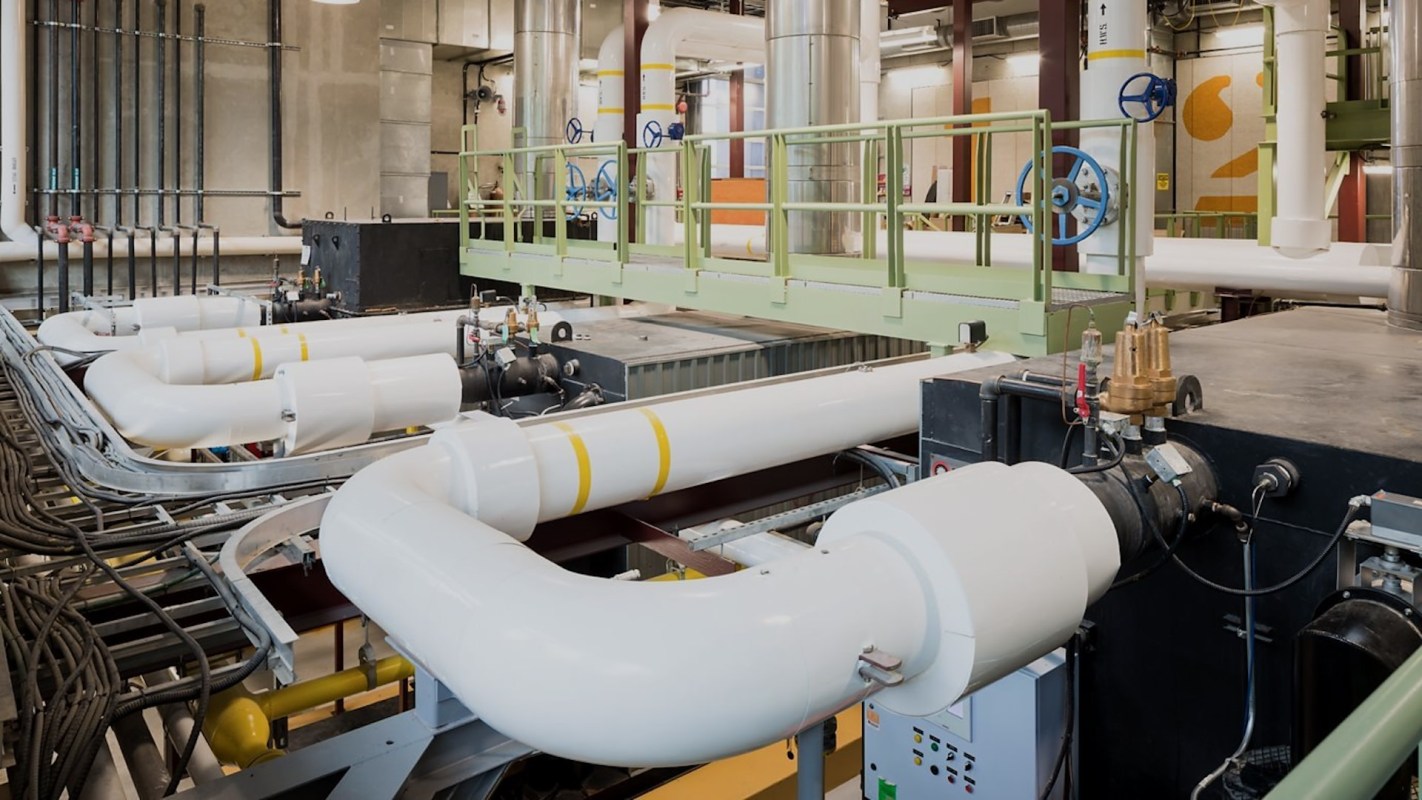One Vancouver neighborhood isn't letting their waste … go to waste. Instead, they capture the heat from sewage water to warm homes. It's a promising model and one that residents hope continues to grow in popularity in Canada and beyond, according to the BBC.
In the push to reach net-zero emissions — the goal of which is to negate the "greenhouse gases produced by human activity by reducing emissions and implementing methods of absorbing carbon dioxide from the atmosphere" — many people immediately consider clean energy sources such as solar, wind, and geothermal. But in doing so, they overlook another key solution: reducing energy inefficiencies and recapturing the energy that's going to waste — literally.
Energy efficiency is "the first fuel," as the International Energy Agency labeled it. "Simply put, energy efficiency means using less energy to get the same job done," the Energy Star website reads.
The opportunity for eliminating those inefficiencies is tremendous; resolving them could slash U.S. greenhouse gas emissions in half or power nearly half of the EU region.
"There's a lot of heat in the world that we just throw away," said Semida Silveira, an engineering professor at Cornell University, according to the BBC. "[Capturing sewage heat] is a missed opportunity."
It's true. With people flushing an estimated 350TWh of energy — enough to heat 30 million homes for a year, according to the BBC — down the drain, one of the best places to start reducing energy inefficiencies is by capturing the heat from wastewater.
"There's enough heat in the sewerage system to literally heat up neighborhoods," said Derek Pope, Vancouver's manager of neighborhood energy.
That's why Vancouver's False Creek neighborhood has been harnessing sewage heat for over 10 years. Their local energy center captures the heat from warm sewage, concentrates it, and circulates that heat into buildings and homes. Meanwhile, the cooled water runs through the wastewater processing plant as usual.
"What's really exciting is that our heat recovery system operates at efficiencies of over 300%," Pope said. "So for every unit of electricity that we put in to run the heat pump, we get over three units of thermal energy or heat out of it."
Besides harnessing heat, other companies and organizations are innovating around creative uses for recycled wastewater, from turning it into snow or even into beer. So when it comes to clean energy, the best place to start just might be the toilet.
And no — fortunately, the heat doesn't smell.
Join our free newsletter for weekly updates on the coolest innovations improving our lives and saving our planet.









